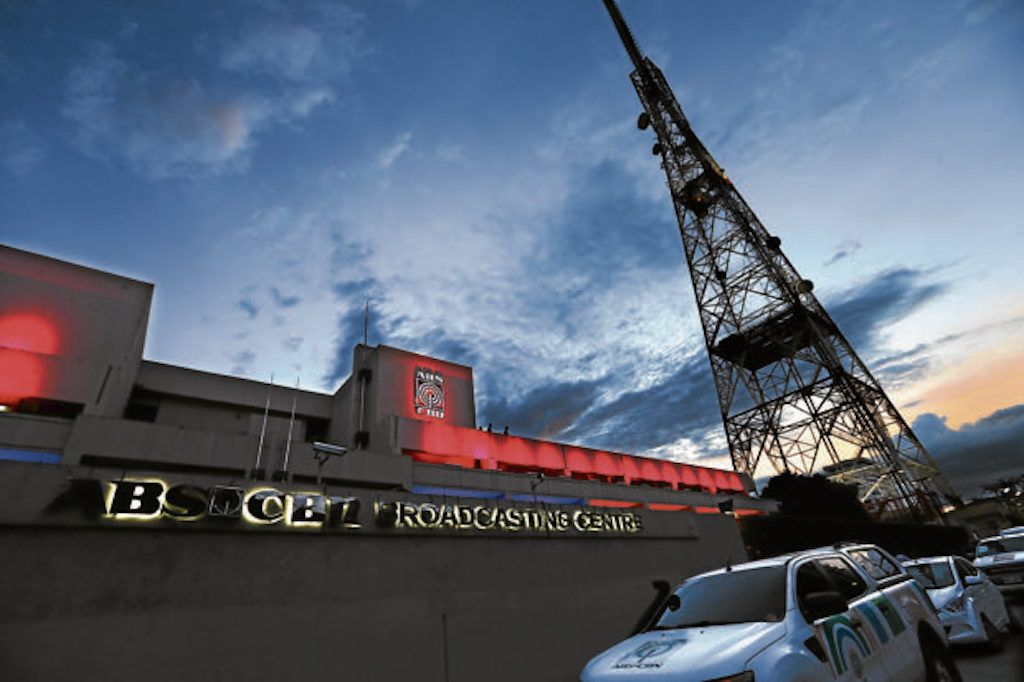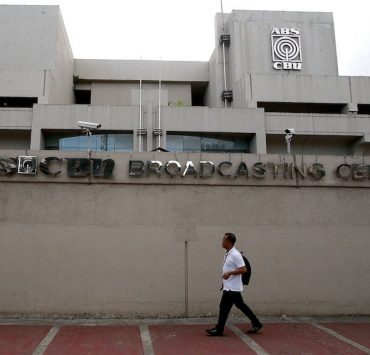After 13 hearings, the House of Representatives’ Committee on Legislative Franchises convened one last time to tackle the technical working group’s recommendation to disapprove ABS-CBN’s franchise application. Seventy lawmakers voted yes to the resolution rejecting the network’s franchise, while 11 voted no to the resolution, meaning they wanted to grant ABS-CBN its franchise. Three did not participate in the voting.
[READ: Remember their names: The 11 representatives who voted no to ABS-CBN franchise denial]
In making the decision for ABS-CBN’s franchise, various lawmakers have insisted that the issue of ABS-CBN is not an issue of press freedom. But as ABS-CBN news and current affairs chief Ging Reyes put it: “Any closure of a media outlet has an impact on press freedom.” Here’s why:
Delivering unbiased reports should be considered a right and not a privilege
In their recommendation to deny the renewal of ABS-CBN’s franchise, the technical working group noted that this was not an issue of press freedom but instead an issue of granting the network the privilege of a franchise. “It is what it is—a denial of a privilege granted by the State because the applicant was seen as undeserving of the grant of a legislative franchise.”
But should granting a media network—one that helps provide information on current events to millions of citizens—the platform to continue carrying out their jobs be considered a privilege? Our own Constitution says no.
A democratic country should be creating policies that support “the emergence of communication structures suitable to the needs and aspirations of the nation and the balanced flow of information into, out of, and across the country, in accordance with a policy that respects the freedom of speech and of the press,” and “the vital role of communication and information in nation-building.” (Those are in Article XVI, Section 10 on General Provisions and Article II, Section 24 on State Policies, if you’d like to check)
While the argument could be made that there are still other media outlets, not everyone has access to these. A statement by the sponsors of the ABS-CBN franchise bill notes that the network is able to reach 19 out of 21 million households all over the country, while Reyes has pointed out that shutting down the news outlet is depriving 69 million citizens of access to information.
Insisting on ABS-CBN’s shutdown shows that our government’s priorities are elsewhere
Amid issues with education and public health, lawmakers have instead pushed for the shutdown of ABS-CBN. During the hearings, lawmakers have also attacked the cable and satellite television channels that the network continues to operate in, ones not covered by the 25-year franchise agreement.
In the past month alone, the National Telecommunications Commission (NTC) barred the network from airing shows on its TV Plus service and Amcara Broadcasting Network’s Channel 43. Another affiliate of ABS-CBN, Sky Cable Corporation, has been ordered to shut down its direct broadcast satellite service Sky Direct.
[READ: “Ang Probinsyano,” “TV Patrol” completely off air? NTC wants to shut down ABS-CBN TVplus, too]
Despite ABS-CBN’s president Carlo Katigbak explaining why the network failed to air some of then-presidential candidate Rodrigo Duterte’s advertisements during the 2016 elections and Reyes detailing the network’s process behind verifying information they report, lawmakers continue to stifle the network’s right to deliver news on the basis of political bias.
One of these was AnaKalusugan partylist Representative Mike Defensor, who suggested that the network’s news and public affairs programs remain removed from broadcast, and that the entertainment shows may be allowed to air.
In yesterday’s hearing, House Speaker Alan Peter Cayetano questioned the network’s involvement in politics, arguing that ABS-CBN has been using public airwaves to protect their personal interests.
“Big business, conjoined with commercial media should not be allowed to engage in partisan politics by wielding its power to protect their interest, meddle and interfere in elections, and surreptitiously support certain candidates in the guise of reporting the news,” he said.
The shutdown affects editorial choices that other networks and publications make when reporting on the government
Ultimately, ABS-CBN’s shutdown affects how reportage on the government is carried out in the future. In between hearings for the network’s franchise renewal, veteran journalists who produce critical reportage on the current administration continue to face attacks.
In a taped address aired earlier this week, President Duterte threatened Rappler’s Maria Ressa. “Si Ressa is a fraud, maniwala kayo. Give us time. Too early for you to enjoy ‘yung mga award-award mo. You are a fraud actually. Kaya we are just compiling at this stage. And someday in bold letters, we will show your incongruity. You are a fraud.”
With the government shutting down one of the country’s largest broadcasting networks, other media companies and networks may be driven to tame their coverage of the government and current events to avoid the ire of people in power. Various groups and lawmakers have also echoed this sentiment, speaking up about the chilling effect that this will have on the country’s freedom of expression.
The Commission of Human Rights released a statement that details the negative impact ABS-CBN’s shutdown will have on freedom of expression last May, adding that the information delivered by the media “allows every citizen to make critical decisions on their lives and enables them to demand better services, especially from the government.”
Vice President Leni Robredo also criticized the decision to not renew the network’s franchise. “Malawak ang implikasyon ng desisyong ito. Mayroon itong chilling effect: Hindi kalabisang isipin na maaaring magbabago ang editorial choices ng ibang pahayagan gawa ng panggigipit na ginawa sa ABS-CBN,” her statement reads. “Inaampat nito ang daloy ng wasto at napapanahong impormasyon.”
Header photo by Edwin Bacasmas for Inquirer.net
Get more stories like this by subscribing to our weekly newsletter here.
Read more:
What does press freedom have to do with their franchise issue? ABS-CBN answers
Is the ABS-CBN shutdown unconstitutional?
OPINION: The ABS-CBN shutdown is a call for citizen journalism
Writer: ANGELA PATRICIA SUACILLO




